Starting a Business in Denmark?
Learn how to start a business in Denmark, from registering your company to applying for a startup visa and securing funding. A must-read guide for entrepreneurs.
Why Start a Business in Denmark?
Denmark consistently ranks as one of the best countries for ease of doing business, offering fast online company registration, transparent regulations, and a supportive business environment. The country has a thriving startup scene, particularly in tech, sustainability, and green energy, with access to venture capital, government grants, and EU funding programs. Entrepreneurs benefit from low corporate tax rates (22%), a well-educated workforce, and strong connections to European and global markets.
What to Know
How to Register a Business in Denmark
Registering a business in Denmark is quick and straightforward, often taking less than a day when done online. The main steps include choosing a legal structure (sole proprietorship, ApS, or A/S), registering with the Danish Business Authority (Erhvervsstyrelsen), obtaining a CVR number, and setting up a NemKonto (business bank account). The ApS (private limited company) is the most common choice for entrepreneurs, requiring a minimum capital of 40,000 DKK.
Startup Visa & Entrepreneur Schemes
Non-EU entrepreneurs who want to start a business in Denmark can apply for the Startup Denmark Visa, designed for innovative businesses that benefit the Danish economy. The application process involves submitting a detailed business plan, proving financial sustainability, and getting approval from an expert business panel. If accepted, the visa provides a two-year residence and work permit, with the possibility of renewal. EU citizens can start a business without a visa but still need to register their company and meet tax obligations.
Funding & Support for Entrepreneurs
Denmark offers various funding opportunities for startups, including grants, loans, and venture capital. Government programs like Innovation Fund Denmark and Vaekstfonden provide financial support to high-potential businesses, while private investors and accelerators offer seed funding for startups. Crowdfunding platforms and EU funding initiatives are also great options for securing capital.
Taxation & Business Regulations
Businesses in Denmark are subject to a 22% corporate tax rate, with VAT (moms) set at 25%. Employers must also contribute to social security and pension schemes for employees. Keeping up with tax obligations is essential, and most businesses hire a Danish accountant or tax consultant to ensure compliance. The Danish Tax Authority (SKAT) provides online resources to help businesses manage their tax filings efficiently.
So, Is Denmark the Right Place for Your Business?
Denmark provides an entrepreneur-friendly environment, strong infrastructure, and access to global markets, making it an excellent place to launch a business. With simple registration, supportive government policies, and funding opportunities, it’s no surprise that many international entrepreneurs choose Denmark as their base. If you’re ready to start your business, taking the first step is easy and well worth the effort.
Entrepreneurship & Startups
Denmark offers a welcoming environment for entrepreneurs, with streamlined business registration, access to startup hubs, and government-backed funding options. The country encourages innovation through initiatives like Startup Denmark, which supports non-EU founders with scalable business ideas. While English is widely used in business, building local networks and understanding Danish work culture can greatly enhance your startup’s success.
Recommended content
Explore Denmark
Vil Du Lære Dansk?
The Danish language can be a challenge, but it’s also a gateway to deeper integration and everyday ease in Denmark. In this guide, we explore how to learn Danish, what resources are available, and why even basic skills can make a big difference. Whether you’re just starting out or looking to improve, this is your roadmap to mastering Danish.
Danish Work-Life Balance
Denmark is world-renowned for its exceptional work-life balance, where a 37-hour workweek, flexible schedules, and generous vacation time are the norm. In this guide, we break down what makes Danish workplace culture so unique, how it benefits both employees and employers, and what you can expect when working in Denmark. If you’re seeking a healthier balance between work and life, Denmark sets the gold standard.
Featured Articles
Is Greenland Part of Denmark? It’s Complicated.
Greenland is part of the Kingdom of Denmark—but with a twist. While it has its own government and growing independence, Denmark still plays a major role in areas like foreign policy and funding. In this section, we break down the unique political, cultural, and economic relationship between Greenland and Denmark—what connects them, what separates them, and why it matters today.
Sorry Britannia—Denmark Really Does Rule the Waves. Here’s Why.
Denmark punches well above its weight when it comes to the sea. From global shipping giants to cutting-edge green maritime tech, Denmark has quietly become a world leader on the water. In this article, we dive into how this small nation outpaces the competition—and why it might just be the true ruler of the waves.
Contact/FAQs/Articles
Contact Us Anytime
Reach out to us for personalised advice or to schedule a consultation.
Thinking about moving to Denmark? We’re here to help! Whether you need guidance on work visas, residency permits, housing, or life in Denmark, our team is ready to provide clear, advice tailored to your situation.
FAQs about Moving to Denmark
Your Essential Questions Answered: Everything You Need to Know About Moving to Denmark.
Learn More About Work/Life in Denmark
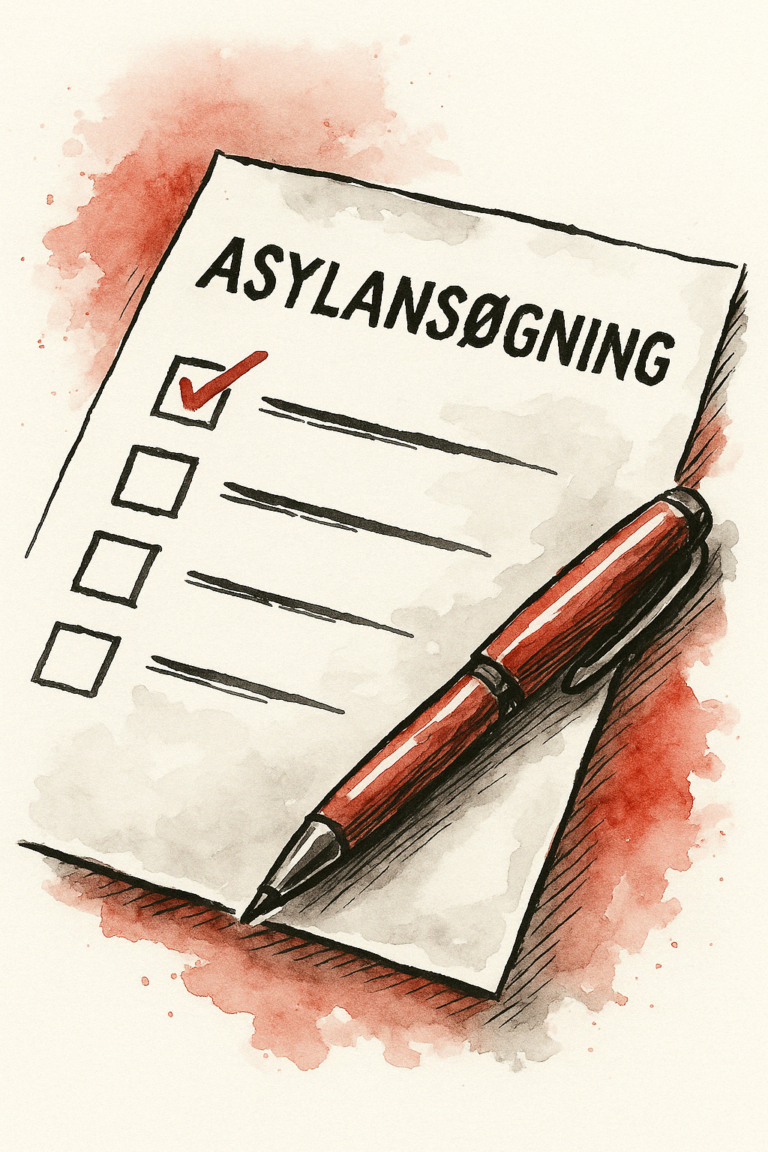
Special Visas Including Asylum in Denmark
Understanding special visas including asylum in Denmark is essential if you seek protection or specialized residency due to unique circumstances. This step-by-step guide will walk you logically through the entire process, clearly explaining each crucial stage. 1. Types of Special…
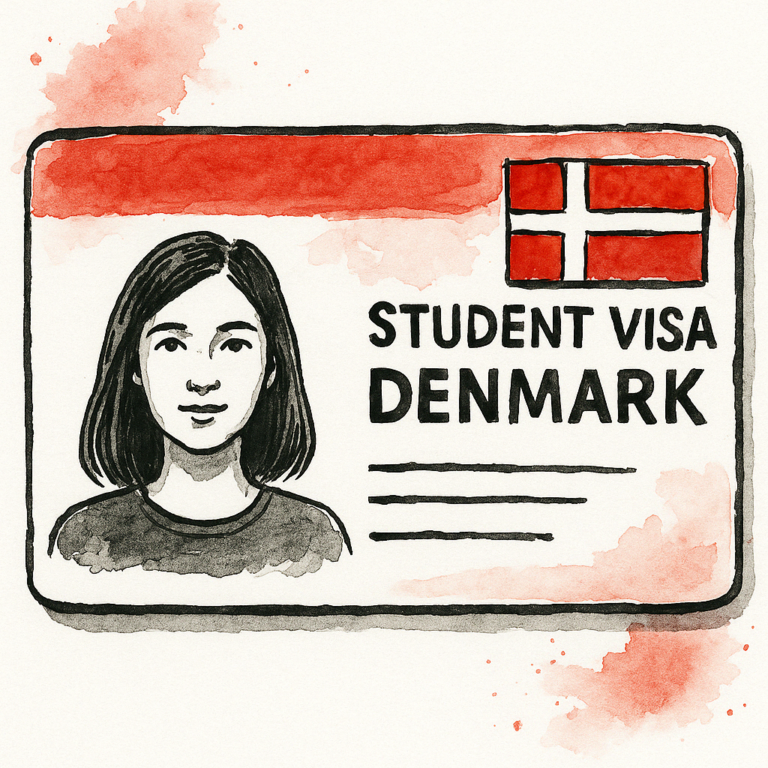
Study and Other Visas in Denmark
If you plan to study or stay in Denmark for reasons other than employment or family reunification, understanding the process of obtaining study and other visas in Denmark is crucial. This detailed guide covers everything from eligibility criteria to the…
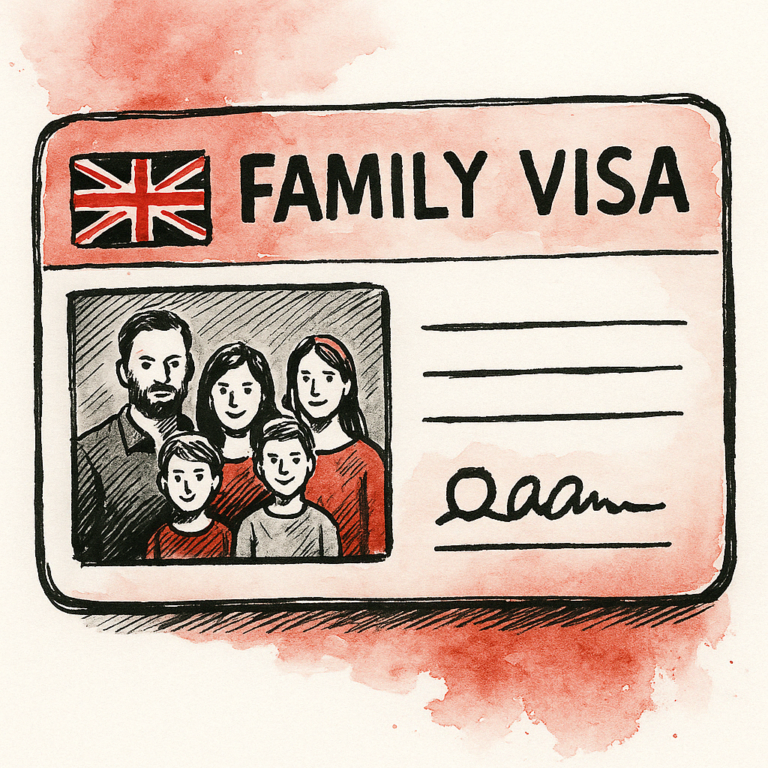
Family Reunification Visa in Denmark
If you’re planning to join your family in Denmark, understanding the process and requirements of a family reunification visa in Denmark is crucial. This guide thoroughly explains the application process, eligibility criteria, and compliance to help you smoothly reunite with…

Long-Stay Visas & Residence Permits in Denmark
If you’re planning an extended stay in Denmark for work, study, or family reunification, understanding Long-Stay Visas (National Visas & Residence Permits in Denmark) is essential. This comprehensive guide covers the necessary steps, documentation, and compliance rules to smoothly navigate…
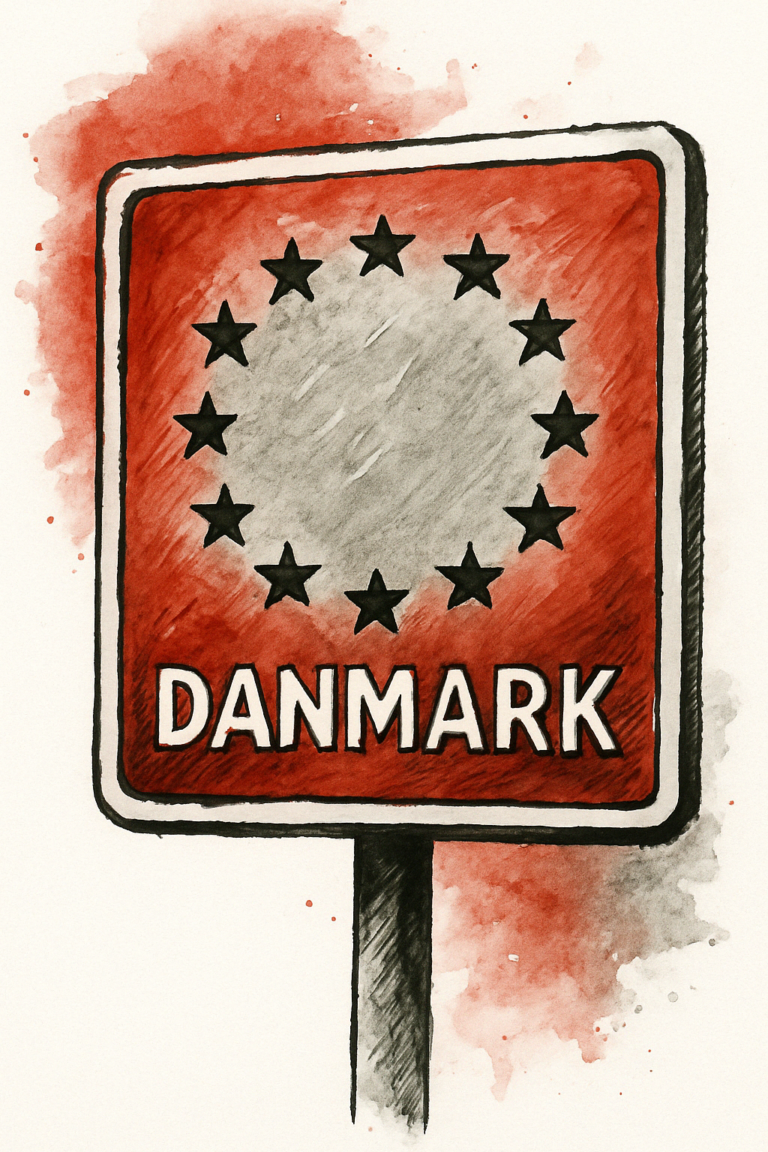
Short-Stay Visas in Denmark
Understanding short-stay visas (Schengen visas) is essential if you’re planning to visit Europe for tourism, business, or personal reasons. This guide provides comprehensive details on obtaining, using, and complying with the Schengen Visa rules, ensuring your travel plans go smoothly….

Healthcare in Denmark
Healthcare in Denmark is universally regarded as one of the best systems in the world. The country provides a high standard of healthcare services to its residents and expats, offering universal access through its publicly funded system. Whether you’re moving…
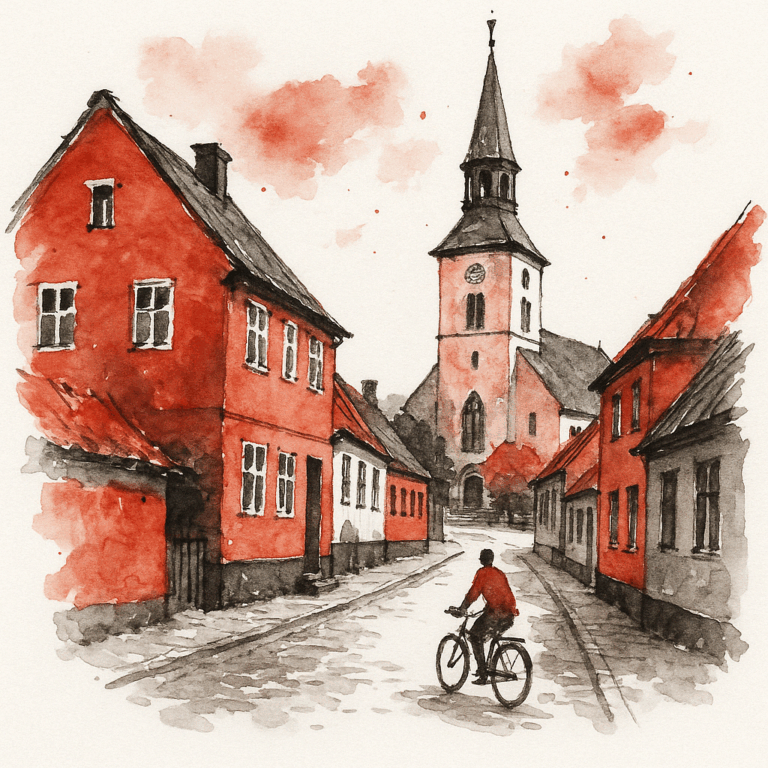
Everyday Life & Practicalities in Denmark
Everyday life & practicalities in Denmark are essential aspects for anyone planning to live, work, or travel to Denmark. Whether you’re a new expat, a tourist, or just curious about Danish culture, understanding how things work on the ground will…

Healthcare & Well-being in Denmark
Understanding healthcare & well-being in Denmark is essential for expats looking to settle in the country. Denmark offers a robust healthcare system that is publicly funded and provides a wide range of services for both residents and visitors. This guide…

Danish Language Courses Copenhagen for Expats
If you’re an expat living in Copenhagen, learning Danish is one of the most important steps to integrate into Danish society. Whether you’re looking for free Danish classes Copenhagen for foreigners, affordable Danish language schools Copenhagen, or intensive Danish courses…
